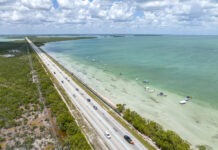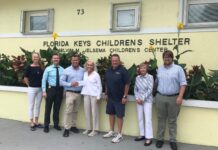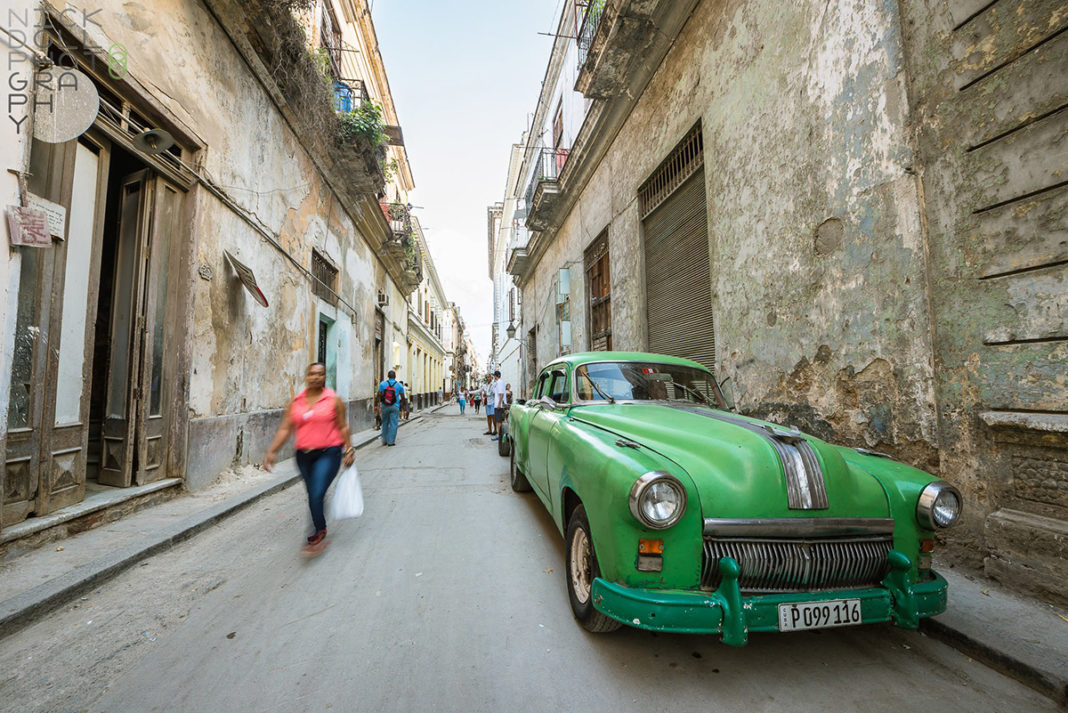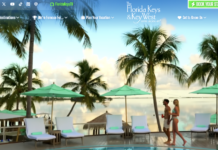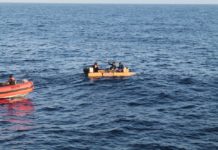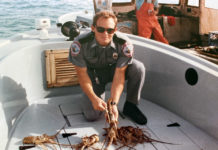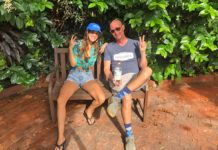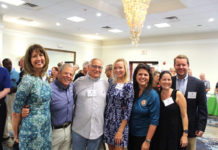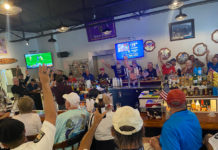On June 4, the Trump administration announced new travel restrictions to Cuba, essentially a follow-through on promises President Trump made two years ago.
The new rules do several things:
- Stop U.S.-owned private and corporate aircraft and boats from traveling to Cuba. Stop U.S. cruise ships from making port in Cuba. Commercial flights to Cuba will still be allowed.
- Ending the people-to-people category of visas.
According to a statement by the federal Department of Treasury, “These policies continue to work to channel economic activities away from the Cuban military, intelligence, and security services.”
The rules took effect on June 5. However, those who have already paid for travel will be allowed to complete their trips, according to officials in Washington, D.C.
Robin Smith-Martin, who began his upscale concierge service (OKW or Our Key West) over two years ago, offers trips to Cuba for tourists and local residents in the Keys. OKW, which partners with Air Key West, provides day trips to Havana that allow visitors to spend the day in Havana with the ability to return to Key West “in time for your dinner reservation.”
Smith-Martin said things continue as normal … for now.
“All booked Havana Day Trip flights are continuing as scheduled,” he said. “OKW is monitoring the situation and working with our industry partners to communicate our displeasure with the Trump administration’s ineptitude in opening markets to seed democratic participation in closed societies. We expect a positive outcome from current negotiations surrounding Venezuela will lead to genuine rapprochement with the Republic of Cuba.”
The Cuban travel sanctions have much to do with unrest in the western hemisphere. U.S. Treasury Secretary Steven Mnuchin said, “Cuba continues to play a destabilizing role in the Western Hemisphere, providing a communist foothold in the region and propping up U.S. adversaries in places like Venezuela and Nicaragua by fomenting instability, undermining the rule of law, and suppressing democratic processes.”
The State Department added this: “Veiled tourism has served to line the pockets of the Cuban military, the very same people supporting Nicolás Maduro in Venezuela and repressing the Cuban people on the island.”
Doug Bradshaw, the City of Key West Port and Marina services director, said the city has yet to hear from cruise lines on how they are going to revise their itineraries. This month, about two dozen cruise ships will make port in Key West, and about half of those have listed Cuba as one of the stops on the itinerary.
Monroe County Director of Airports Richard Strickland said one or two private charter flights leave Key West every day. Brian Slaga, of the former Duck Key Charters, no longer runs private flights to Cuba, although he did so for two years out of the Marathon airport. He said he feels for the honest Cuban nationals who depended on tourism dollars to survive.
“Ingrid, our English-speaking tour guide, will suffer. She had a choice between making $30 a month working for the government, or working as a tour guide and earning $50 in tips a day. And the people who run the casa particulares, or bed and breakfasts,” Slaga said, “those are the people that will suffer.”
Jim Parker of Caribbean Flying Adventures on the mainland has traveled to Cuba in his own plane 25 times during the last three and a half years, the same time frame it’s been legal to do so. He said he’s also arranged 450 landing permits for pilots with private planes to do the same.
“I don’t think people realize that there’s 2 million Cubans who now work in the private sector in Cuba,” Parker said. “This is going to deny maybe 500,000 or 1 million people a livelihood.”
Of course, tourism in Cuba has another side. The Joint United Nations Programme on HIV and AIDS (UNAIDS) estimates there are almost 90,000 prostitutes in Cuba. It’s a legal profession in Cuba.
And despite the headlines, it’s still legal for Americans to travel to Cuba. Parker said this week’s news further confuses the public.
“Take a commercial flight — Delta, American, Jet Blue. Get one of the other 11 categories of visas. Book a tour guide, stay in a private hotel. It’s a way to support the Cuban people,” he said, while also acknowledging that some of the bigger resorts are government-owned.
The 11 categories of authorized travel to Cuba are:
- family visits;
- official business of the U.S. government, foreign governments, and certain intergovernmental organizations;
- journalistic activity;
- professional research and professional meetings;
- religious activities;
- public performances, clinics, workshops, athletic and other competitions, and exhibitions;
- support for the Cuban people;
- humanitarian projects;
- activities of private foundations or research or educational institutes;
- exportation, importation, or transmission of information or informational materials;
- and certain authorized export transactions.










